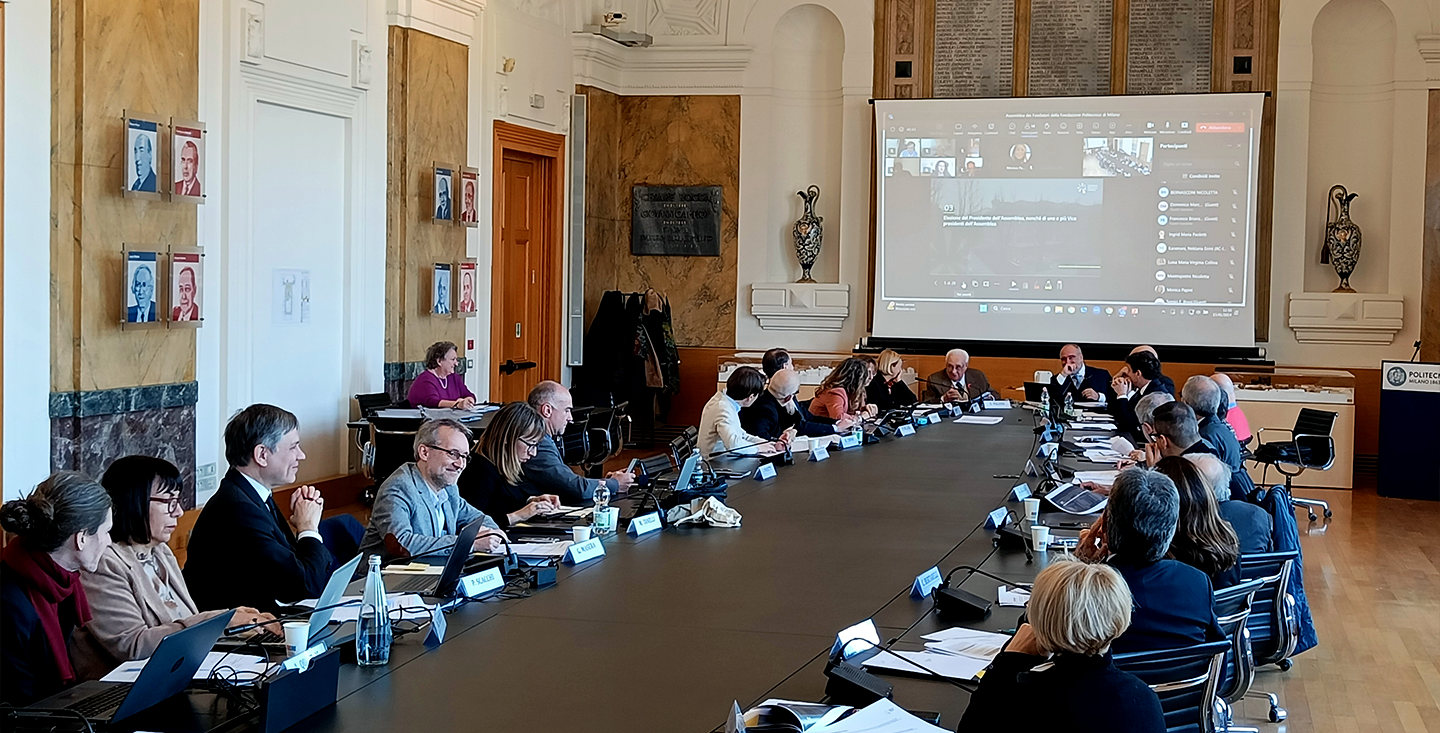In the Academic Senate of January, after a long discussion that lasted from October, the Merit Project was approved, one of the proposals put forward by the Rector among the University's Development Lines to highlight and reward the Merit of the professors of the Polytechnic.
In particular, this first document focused on the "visibility of individual contributions" with the aim of responding to the requests for transparency, about the work of university professors, which had become pressing in the last months of the year in parallel with the discussion on L.133.
The troubled result was the publication according to a standard format of the Curriculum Vitae of all the teachers together with the didactic evaluation band according to the questionnaires completed by the students; instead, a table with some more details will be visible to Deans and Department Directors and will further contain the number of credits taught, the link to the evaluation in the Peer Review, the scientific credentials (defined according to an internal model), the self-financing quota.
Let us now go to the perplexities. Is the publication of CVs a significant response to the demand for visibility? Unfortunately not.
Almost all the teachers already make their CV available on the web and one of our tests confirms this: out of 100 teachers randomly selected in the different Faculties, all, albeit in different forms, had a published CV.
The publication of the didactic evaluation band is instead a novelty, will it be a significant index of Merit of teachers?Just a little.
In fact, a data will be published mediated over three years and expressed by a letter, A, B, C (C expresses the band of great appreciation by the students), but which will have a limited informative content, in particular for its narrow variability (only 100 teachers will be in band A, while many will belong to the intermediate one, B).
However, this is a good start, a point on which the representation has insisted for years, in particular to stimulate discussions and processes of innovation on the meritocracy side in the University. We are also faced with a great signal of openness on the part of the Senate and the professors of the university, especially if compared to the general closure with respect to the issue by Italian universities.
We therefore hope for great collaboration from the students, in particular participation and seriousness in filling out the teaching questionnaires. But let's continue.
Has a Meritocratic turning point been made at Polimi? In other words, have tools been created to trigger improvement processes as well as to allow the identification and subsequent recognition of merit? Not yet.
Perhaps the weakest aspect of the January document, as opposed to the initial one, is the lack of the definition of a standard for each of the parameters identified as indices of merit.
That is, reference values on the basis of which objectively discriminate positive (and negative) cases and then implement award policies: the issue is for now postponed, hopefully not to the Greek kalende. It therefore continues to lack a truly effective tool thanks to which the Rector and the Senate can both exercise control over the quality of the activities carried out in the University, and, correcting appropriately the standards set, indicate locally to the teachers the directions on which to work.




